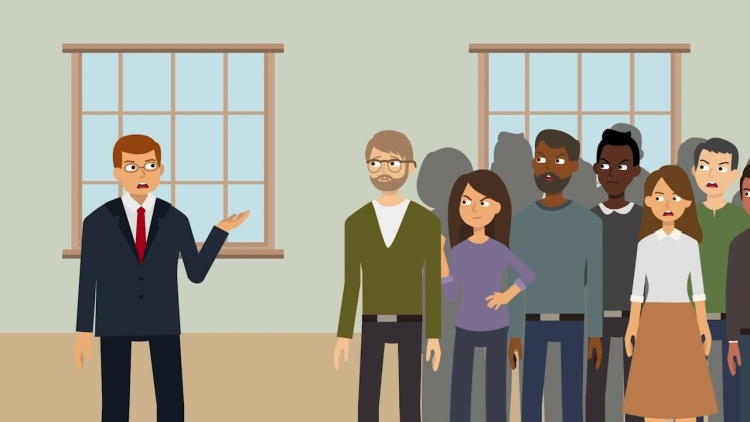Lane v. Franks
United States Supreme Court
573 U.S. 228, 134 S. Ct. 2369 (2014)
- Written by Heather Whittemore, JD
Facts
Edward Lane (plaintiff) was hired by Central Alabama Community College (the college) to direct the Community Intensive Training for Youth program (the program). Lane conducted an audit of the program’s finances and learned that Suzanne Schmitz, an Alabama state representative, was being paid to work as a counselor for the program but had never done any work required by the job. Lane eventually fired Schmitz, who told another employee that she would get back at Lane. The Federal Bureau of Investigation launched an investigation into Schmitz. Lane testified under subpoena before a grand jury, and Schmitz was charged with theft and mail fraud related to the payment she received from the program. Lane also testified under subpoena at Schmitz’s trial. Some time later, Lane was terminated from his job. Lane sued Steve Franks (defendant), the president of the college, in federal district court, arguing that Franks had fired him in retaliation for testifying against Schmitz. Franks argued that he was entitled to qualified immunity because he reasonably believed Lane’s testimony was not protected speech. Franks based this belief on Garcetti v. Ceballos, 547 U.S. 410 (2006), in which the United States Supreme Court held that a public employee’s speech is not protected by the First Amendment if he is speaking in the course of his job duties. The district court found that Franks was entitled to qualified immunity, which the court of appeals affirmed. Lane appealed.
Rule of Law
Issue
Holding and Reasoning (Sotomayor, J.)
Concurrence (Thomas, J.)
What to do next…
Here's why 907,000 law students have relied on our case briefs:
- Written by law professors and practitioners, not other law students. 47,100 briefs, keyed to 996 casebooks. Top-notch customer support.
- The right amount of information, includes the facts, issues, rule of law, holding and reasoning, and any concurrences and dissents.
- Access in your classes, works on your mobile and tablet. Massive library of related video lessons and high quality multiple-choice questions.
- Easy to use, uniform format for every case brief. Written in plain English, not in legalese. Our briefs summarize and simplify; they don’t just repeat the court’s language.





